(ECNS) -- A Chinese doctor has developed a liver cancer diagnostic model, which is used to assess the risk of liver cancer in patients with chronic hepatitis B. This model has been freely promoted and used in dozens of Class A hospitals across China, benefiting over 300,000 patients, China News Network learned on Friday.
Professor Shen Feng from the Third Affiliated Hospital of Naval Medical University, who developed ASAP, said that his team has applied this model for the diagnosis of chronic hepatitis C-related liver cancer and non-alcoholic fatty liver-related liver cancer, which has demonstrated satisfactory diagnostic effectiveness.
Shen explained that age and sex are risk factors for liver cancer, and that clinical blood indicators such as alpha-fetoprotein (AFP) and protein induced by vitamin K absence or antagonist-II (PIVKA-II) reflect the biological characteristics of liver cancer.
"This model is based on data from nearly 3,000 cases from more than ten Class A hospitals in China," he said, adding that his team used big data to identify the four indicators to precisely assess the probability of a patient developing liver cancer.
The ASAP model has become a routine diagnostic test for physical examination screening and serum-based diagnosis for individuals at high risk of liver cancer in China. With the intelligent information solution designed based on this, ASAP has received the Univants of Healthcare Excellence Award.












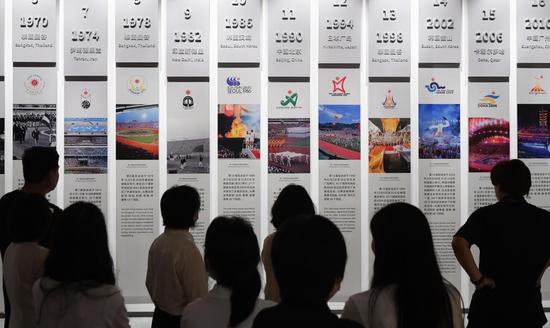
















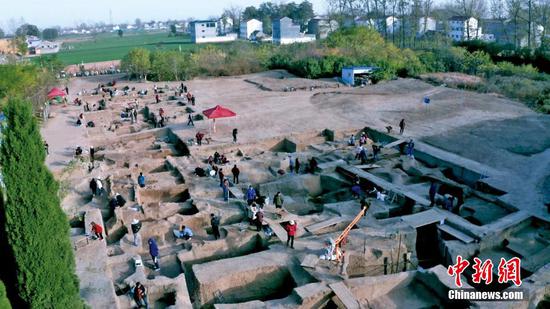

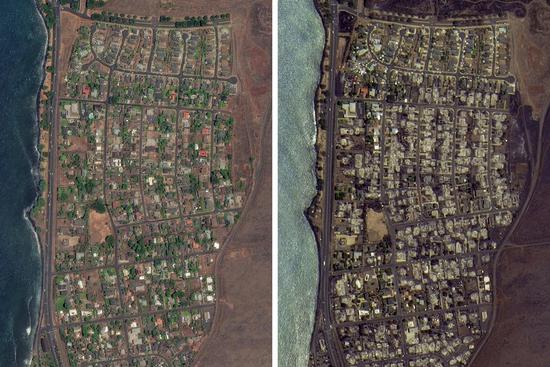


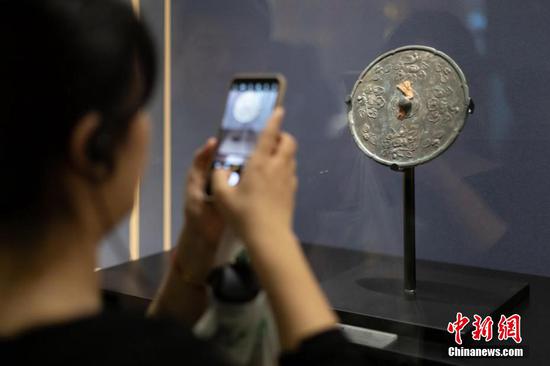

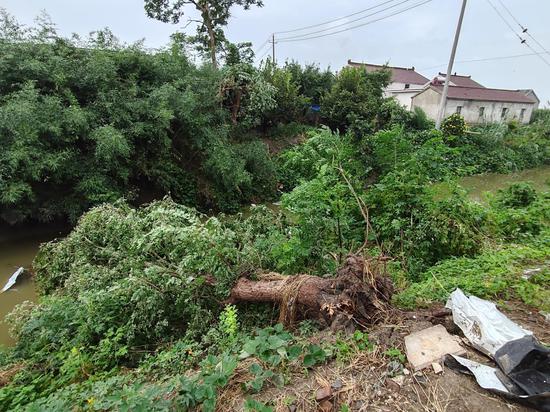

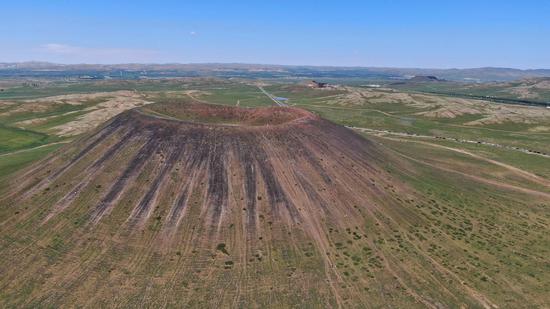











 京公网安备 11010202009201号
京公网安备 11010202009201号